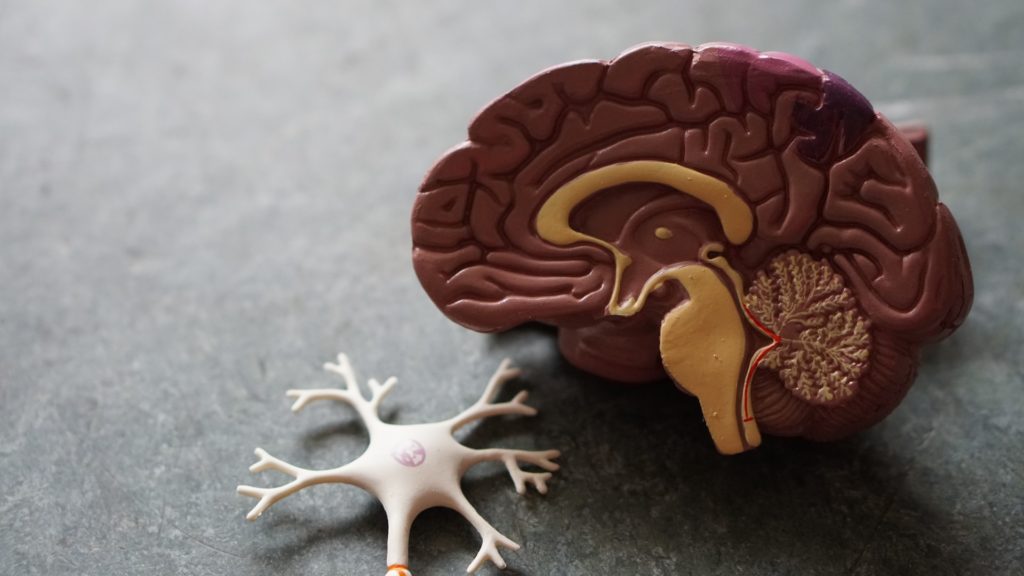A team of researchers at Ghent University has received a grant of €500,000 to look into the possibilities for using immunotherapy to tackle Alzheimer’s disease.
At present, there exists no treatment for Alzheimer’s, a form of dementia caused by the decay of brain cells. It is the most common form of dementia, starting with loss of memory and progressing until the patient is no longer able to carry out the simplest of tasks to take care of themselves.
In the absence of any other option, the Ghent team is looking into immunotherapy, which uses the body’s own immune system to tackle disease. The idea is to train the body to tackle Alzheimer’s in the way it tackles other pathogens, like bacteria or viruses.
The money comes from the Alzheimer Research Foundation, a non-profit organisation that supports research into the disease. It goes to two projects at Ghent: one to use the immune system to defeat or delay the onset of Alzheimer’s, and the other to examine the role of a protein, known as apoE4, in the disease, and at the same time to look at how nanobodies taken from llamas can be used to change the properties of the protein.
Each project receives €250,000 from a total grant of €3.2 million from the foundation for 17 projects, funded entirely from donations.
“We are going to test a new type of therapy and investigate whether it is possible to treat, or at least slow down, Alzheimer's disease by means of immunotherapy,” said Professor Roosmarijn Vandenbroucke, in charge of that project. “Such therapy is already being used in treatment. against cancer, and we are going to see whether that is also possible with this disease.”
The grant will allow one researcher to work full-time on the project for a period of three years.
“I hope that by the end of that period we can prove that one of those ways can be used to activate the immune system,” Prof. Vandenbroucke said.
Alan Hope
The Brussels Times

